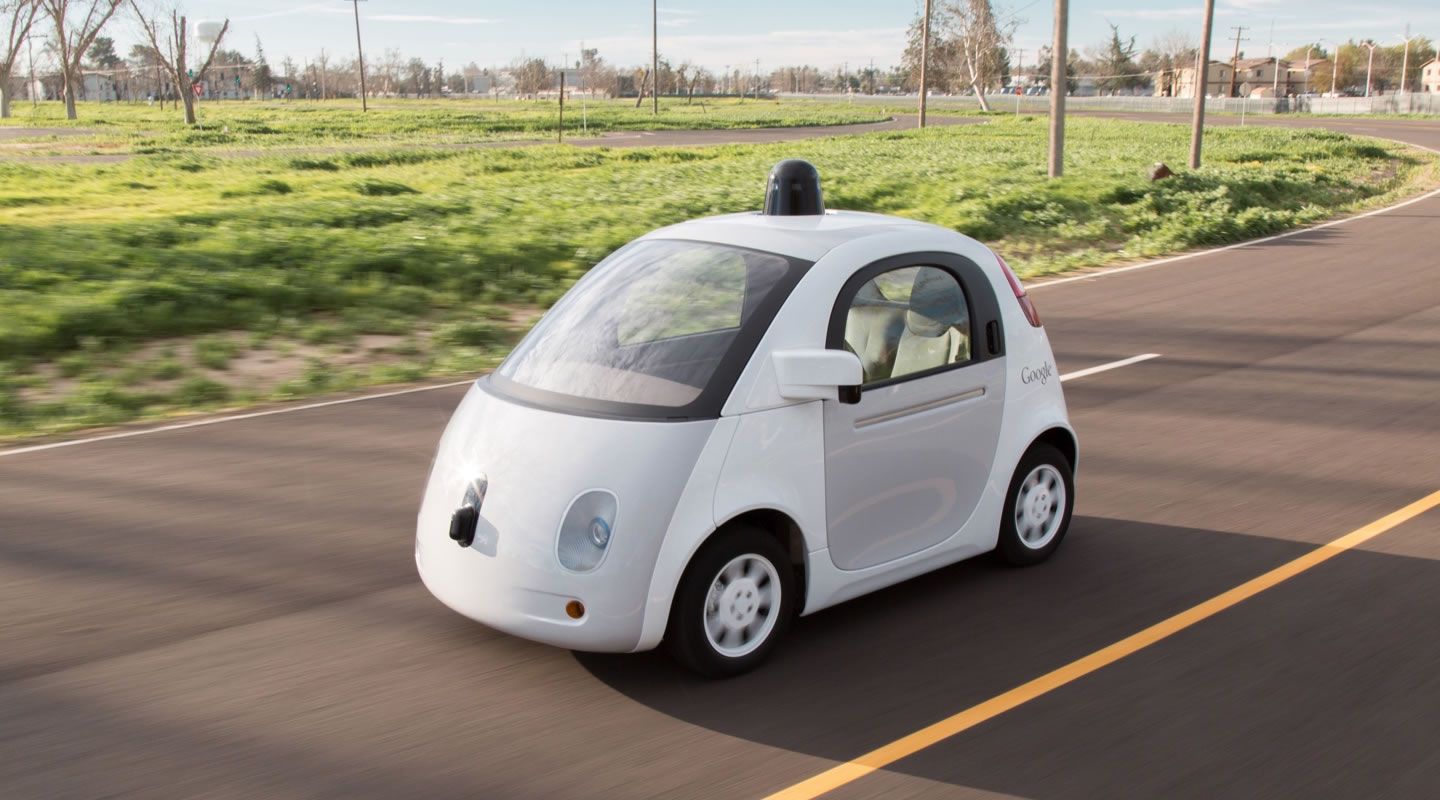Midpack
Give me a museum and I'll fill it. (Picasso) Give me a forum ...
Yeah, I should have elaborated a little more. I was drawing the distinction between:Not sure what parking lots have to do with autonomous cars, that has to do with car/ride sharing, not self driving cars themselves so much.Parking lots and spaces have a ton to do with cars, environment and life quality. If riders could be dropped off at their destination, a car could go park in a garage for example. The on street parking, mall parking lots, etc could be replaced by various types of parking alternatives. Think of your local mall being sorrounded by a park vs 100s of concrete parking spaces. The car park might be a half mile away.
- If we all have self-driving cars, we'll still need just as many parking spots, though I guess they could be relocated. However, that won't be until we get to fully autonomous cars. For the first decade(s), there won't be many cars running around without drivers. Most owner/drivers will want to be there to intervene manually vs letting their car drive around unattended.
- What will reduce the need for parking spots is car/ride sharing, where fewer cars are needed and fewer cars sit idle. Even excepting public transportation, that's being done now with taxis, and increasing with Uber, Lyft, etc. - without self driving cars. However, it stands to reason self driving cars could further increase car/ride sharing.

